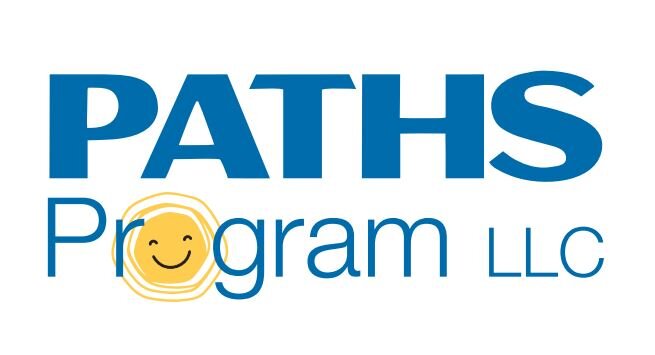Talking to Parents About Social Emotional Learning
Parents and caregiver understanding and support of social emotional learning is a key piece of the developmental puzzle. An educator’s job is can be made easier when families reinforce at home what their students learn in school.
WHAT WE SAY VS WHAT PARENTS HEAR
While parents and caregivers are very interested in how schools can support their students’ development, they often bristle at the education jargon we tend to use.
“Parents object to having their child graded, rated, or formally assessed on social, emotional, and cognitive skills.” (Learning Heros)
Knowing how to translate the SEL and assessment jargon into “parent speak”— language that demonstrates the benefits of encouraging SEL at home—is vital to successful outcomes.
In a national survey by Edge Research of more than 2,000 K-8 parents, "life skills" was identified when they asked, "Which one term do you prefer to describe the skills and traits that you identified as important?"
Parents understand the need for social and emotional development, but they hear different things when we use terms like "grit," "executive function," and "self-regulation."
Include families and caregivers in the process by surveying them on the issues they face with their students at home—do they often experience temper tantrums? are their students feeling isolated and confused? or is their child going through a difficult developmental phase? etc.
INSTEAD OF SAYING... CONSIDER:
Resilience... bouncing back
Grit... not giving up
Executive function... setting goals or time management
Self-regulation... self-control
Growth mindset... hard work pays off or learn and grow from mistakes
What are some other ways that you talk about SEL competencies with parents?
Parents and caregivers are important allies in the education of young children. The PATHS® and Emozi® programs include parent letter templates, at-home resources, and other tools to support the partnership between families and schools.
BUILDING CONNECTIONS WITH FAMILIES
Educators already know how important it is to build connections with students' families. Both PATHS and Emozi programs include materials to help reinforce what students learn at school when they are at home. A few ways to connect with parents and caregivers include:
Provide progress reports and check-ins with families/caregivers on how their student is improving in the classroom.
Seek out opportunities to make their students shine. PATHS and Emozi programs include caregiver letter templates to help teachers keep parents included.
Send home visual reminders as the PATHS clings and Emozi SCOPE worksheets so that families can practice their SEL skills together.
Contact us if you have questions about how to include parents in SEL implementation or shop online if you are ready to get started with the PATHS and/or Emozi programs in your school.

